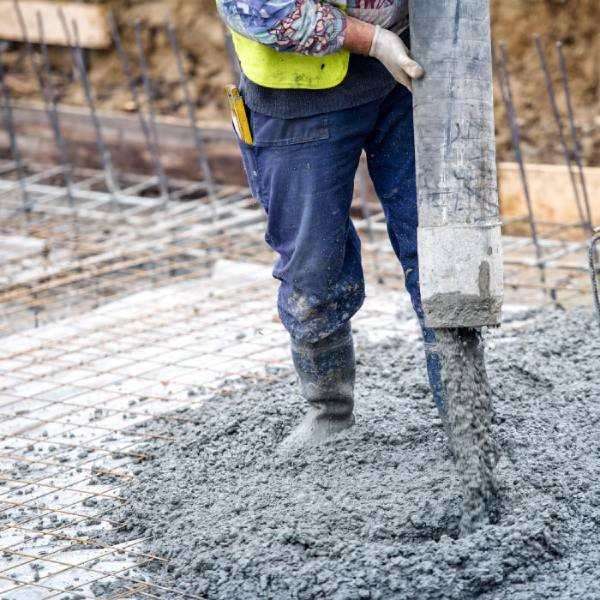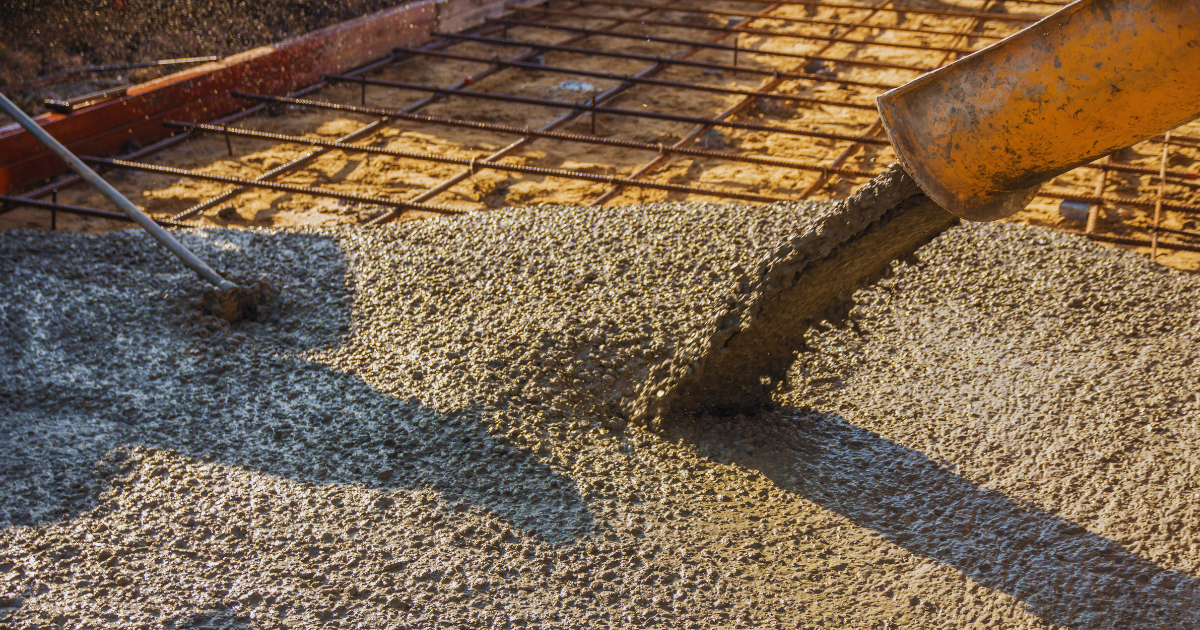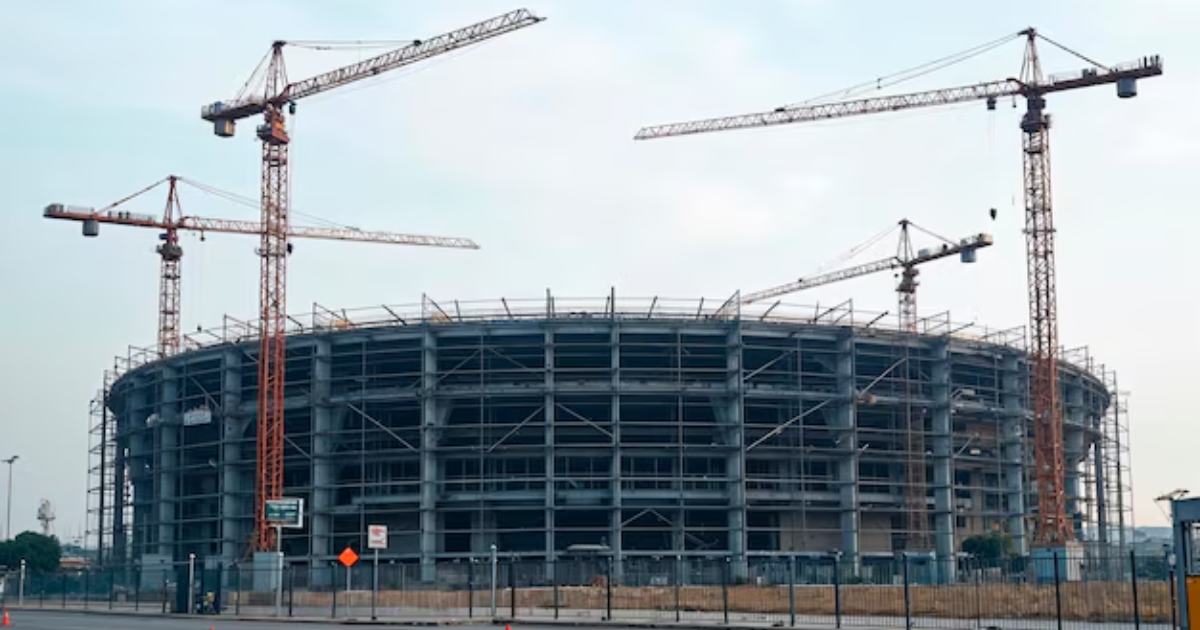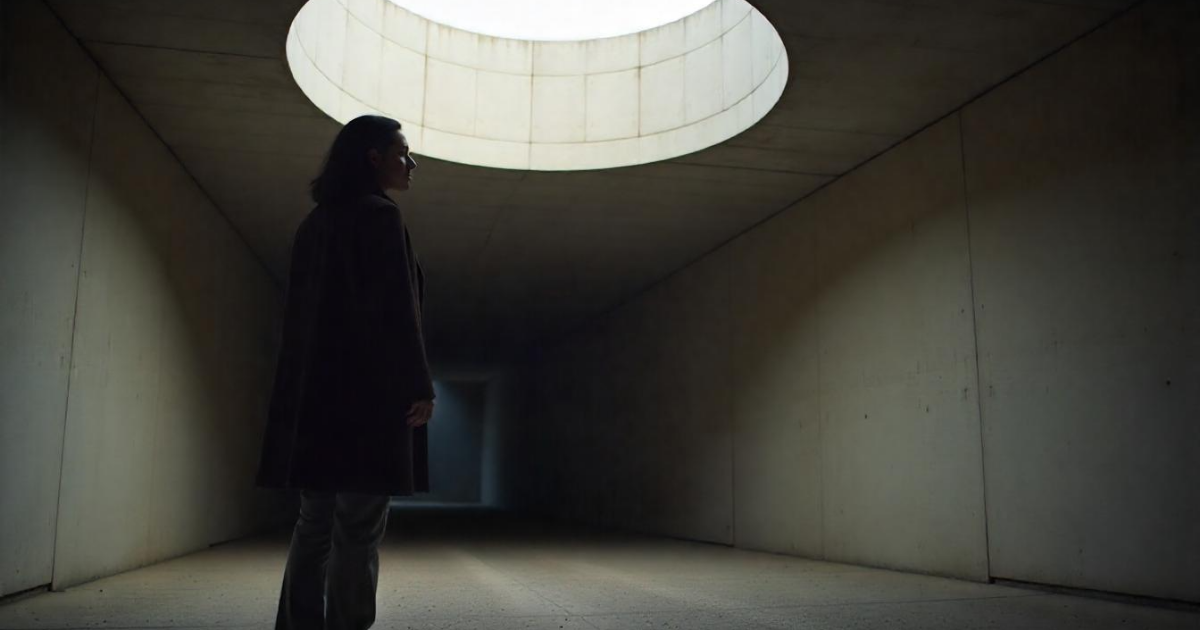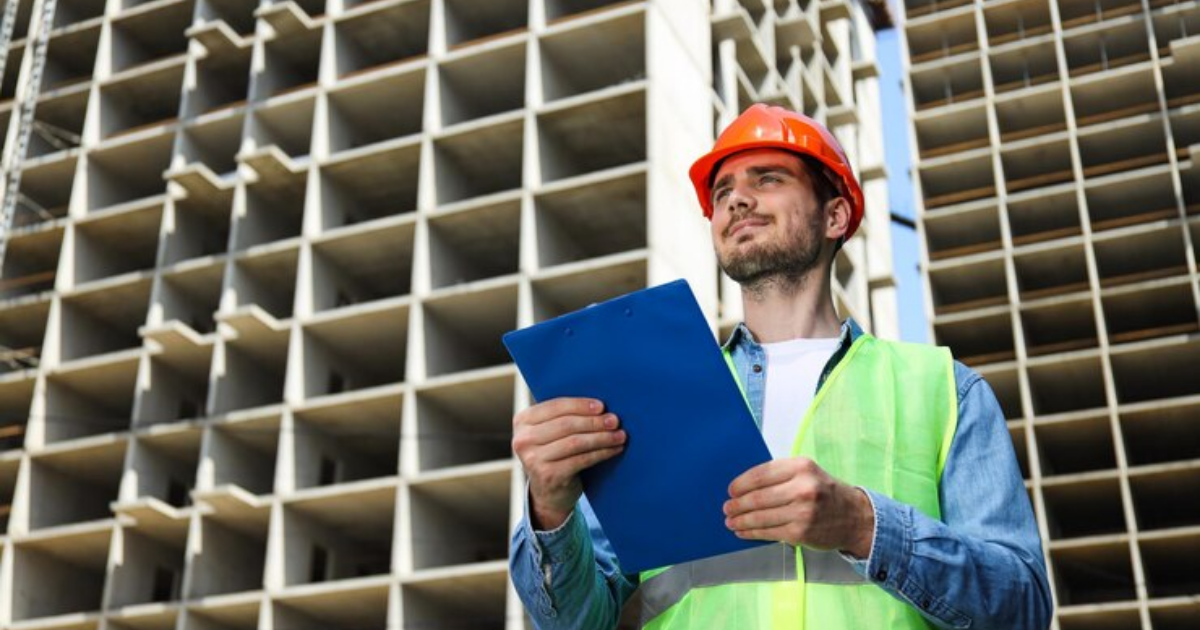Concrete is a crucial element of every construction work. We try our best to buy the best concrete for our project. We do not want to compromise at all, and definitely should not. Your forever house should be strong enough to stay in the long run and hold your precious moments. But the quality of the concrete is not enough to ensure the project’s durability. That is why Hindustan brings FAQs about concrete to help you out.
The entire construction process, starting from selecting the raw materials to the end of concrete curing, should be taken care of to get the desired results. But how can we do that? It requires proper knowledge of the project to work on getting the desired results. Your supplier would be taking care of those things, but you need to have equal knowledge so that you are aware. Today, Hindustan, the most trusted construction company in Ahmedabad brings FAQs about concrete that will not only clear your doubts but also make you gain knowledge that would help you in your next construction project.
1) What is concrete?
Ans) Concrete is a construction material made of various elements such as sand, water, cement, aggregates, and many more. The quality of the concrete depends on the quality of these raw materials. These raw materials are mixed in a balanced proportion until the desired thickness, which is called concrete.
2) Difference between cement and concrete?
Ans) A lot of people mistake concrete with cement. But they are not the same; instead, cement is used to make concrete. For the binding qualities, cement is used in concrete so that the concrete can be turned into the desired structure as it hardens.
3) How long does concrete take to cure?
Ans) Concrete hardens each day. The cement particles react with the water and get harder. 24-28 hours are required for the concrete to be hard enough to walk on. In seven days, 70% of the curing is done, and to get it wholly cured, takes 28 days.
4) Does concrete require maintenance?
Ans) Though it is assumed that no maintenance is required once the structure is built. But the reality is the opposite. And this reality is exposed when Hindustan brings FAQs about concrete. Maintenance is needed to expand the life of anything, and concrete is no exception. A newly built house can appear good, fresh, and strong, but it starts to lose its strength as time passes, and proper maintenance can reduce this deterioration.
5) How do we measure the strength of concrete?
Ans) Hindustan brings FAQs about concrete that talks about the strength of concrete which depends on various aspects such as the quality of the raw materials, the mixing proportions, temperature, placing, and a lot more. To ensure the strength of the concrete, several tests are available that not only measure the strength but the quality and workability as well.
6) Is cracking normal?
Ans) Concrete cracking is a matter of concern to most people. Seeing cracks in your newly built house can make you worried about its durability and strength, but there is nothing to be worried about. Cracks in concrete are normal, as it shrinks due to drying. But it does not mean that all the cracks are harmless. It depends on the type of crack. So, always consult with your supplier.
7) Is concrete recyclable?
Ans) Yes, many products from other industries can be used in concrete, such as ashes furnace flags. It contributes to reducing waste pollution. When the duration of concrete comes to an end, it can be used in several other ways. Scientists are also working on reducing the pollution that happens in concrete manufacturing.
8) What does concrete curing mean?
Ans) Concrete gains its strength through the hydration of the cement particles, and it is a time-consuming process. During this process, certain steps are taken to maintain the temperature at which the concrete strengthens. These steps are called concrete curing. Curing can be of different types, such as water curing, sheet curing, membrane curing, etc.
9) Does temperature matter in concrete placement?
Ans) Yes, temperature plays a crucial role in concrete placement. Extreme weathers are not suitable for concrete to gain its desired strength. If the temperature is too hot, then the water in the concrete evaporates, leading to cracks ultimately weakening the structure. If the temperature is too cold, then the water in the concrete freezes, leading to cracks.
10) Is testing of concrete required?
Ans) Yes, testing the quality of the concrete is very important. There are plenty of testing techniques to ensure that the concrete you are buying is worth it. Though it is tough to perform all the tests, some tests you can shortlist to confirm the quality of concrete.
11) Which grade of concrete should I use?
Ans) Concrete is available in various grades such as M10, M14, M25, M30, M35. M40. The grade of the concrete depends on the project type. If your project includes pathways, patio slabs, non-structural work, the M10 would be suitable for you. If it includes floor building, then M15 would be suitable. If it includes foundation building, then M20 would be suitable, and if it is commercial structures or external walls, then M35 would be suitable for you.
12) What is the difference between ready-mix concrete and site-mixed concrete?
Ans) As evident from both names, ready-mix concrete is prepared in the plant and comes to the construction site, all ready to be placed. That is why it is called ready mix concrete. On the other hand, site mixed concrete is prepared on the site. The preparation of ready-mix concrete is machine-based, eliminating the chances of errors. Site mixed concrete requires human labor, which comes with some shortcomings.
13) What are the advantages of ready-mix concrete?
Ans) Ready-mix concrete comes with various advantages. The first and foremost is that it eliminates the chances of errors as the process is machine-based which ultimately elevates the concrete’s quality. It reduces the wastage of raw materials, speeds up the construction project, and a lot more.
14) What are admixtures?
Ans) Admixtures are ingredients that are added to enhance the workability of concrete. The ideal time of concrete placement is within 2 hours. When the distance between the plant and the construction site is longer then, admixtures are added to regain the workability of the concrete.
Conclusion:-
The motive that Hindustan brings FAQs about concrete is to give basic knowledge about the above-mentioned things and your requirements which enables you to avoid major mistakes in your construction project leading to desired results.

